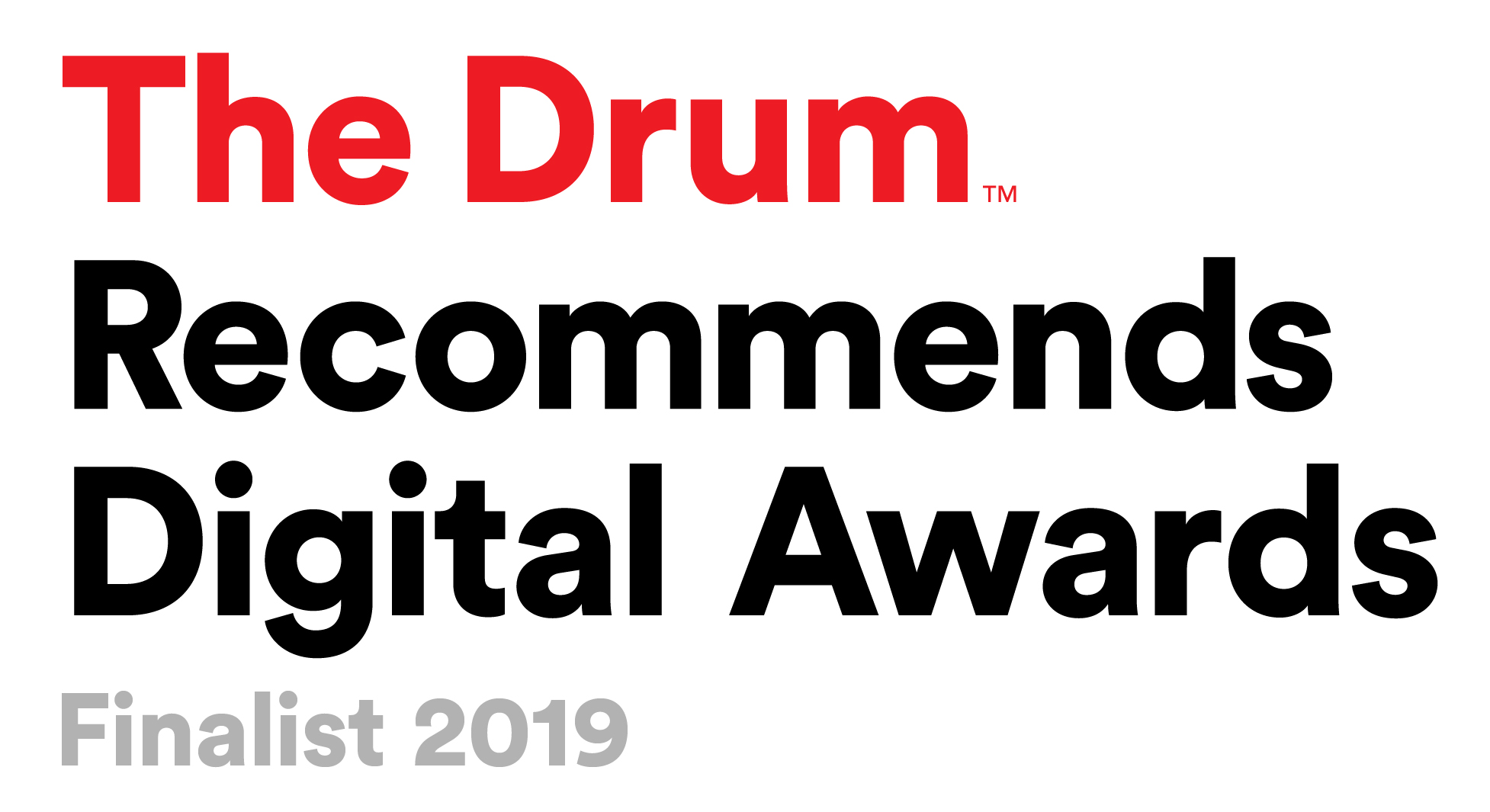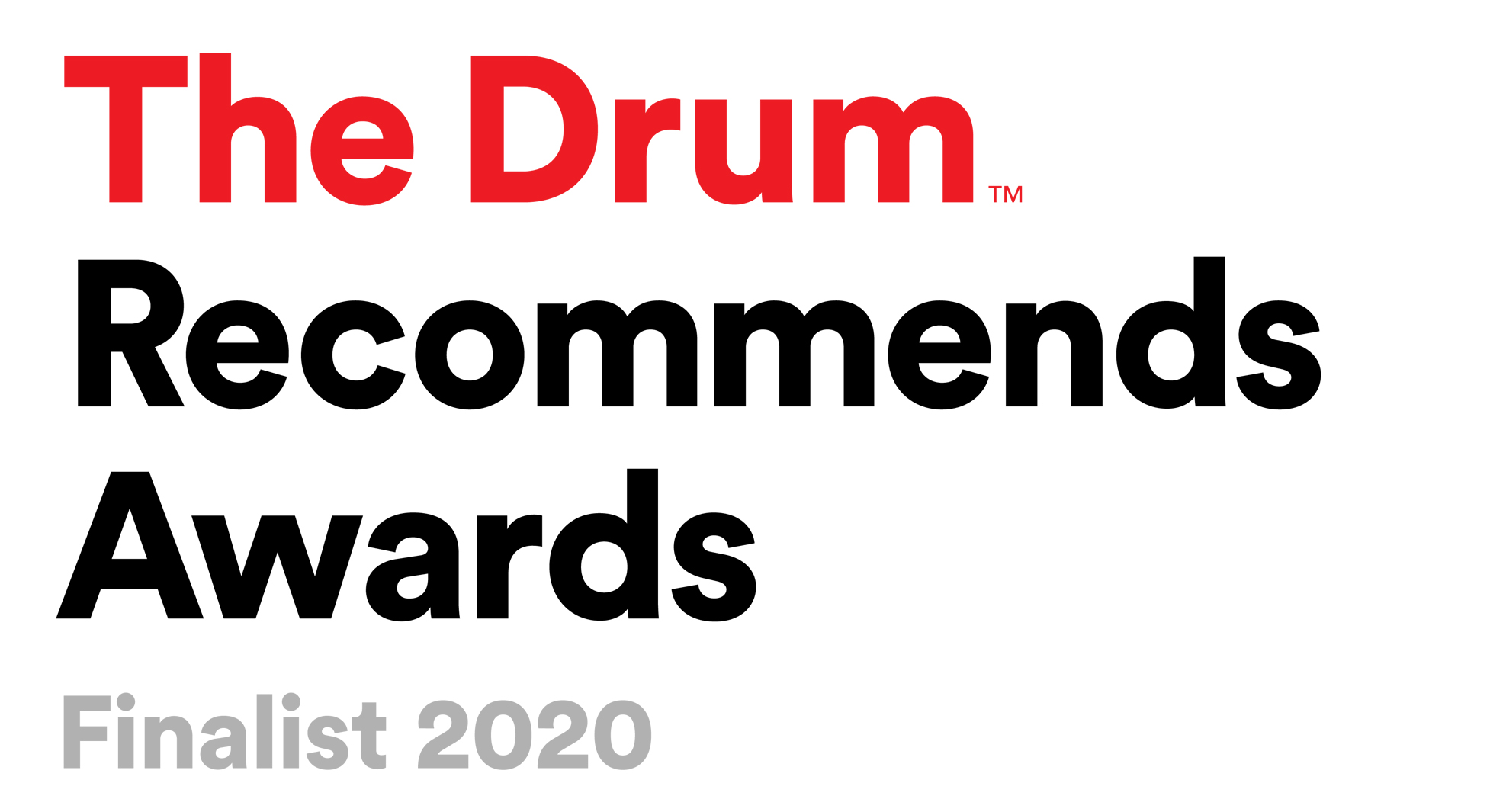
Advertising and marketing campaigns have the power to significantly raise the profile of a brand and lead it to success. But what about when ads go viral for the wrong reasons? Companies must be careful about the messages they promote.
We have a look at some of the advertising fails that caused offence, ridicule, and outrage, for a variety of reasons, and what we can learn from these marketing mistakes.
What is an advertising campaign?
Before we get started on our list of marketing disasters, let’s look at the basics. An advertising campaign is a marketing strategy designed to promote a brand, service, or product. They are devised by a team of marketing experts who come up with the advertising concepts and organise them into a marketing document or brief.
This then moves on to the actual creation of the advert, and its effectiveness can be enhanced by creating and distributing it in a variety of formats for different media, such as print, audio, and video, for use on TV, the internet, print media, radio, podcasts and more.
When advertising works, it can create a positive buzz about the product, service, or brand, the Holy Grail of the ‘water cooler moment’ as friends and colleagues discuss the latest advertising campaigns.
Just think of John Lewis’ annual Christmas campaign, Nick Kamen stripping to his undies in a laundrette for Levi’s in the 80s, or even the ‘You’ve Been Tangoed’ soft drink ads from the 90s.
Some ads might be silly, subject to ridicule, or make headlines due to being a little too saucy for some audiences – Wonderbra’s traffic-stopping ‘Hello Boys!’ billboards for instance. But they get people talking and generate huge brand awareness.
But advertising can be hard, especially when you’re trying to make an impact in a sea of sameness. When fighting desperately for customer recognition in an age where ads are everywhere we look, marketers can sometimes use tone-deaf, senseless, and hurtful marketing techniques.
Let’s have a look at three of the biggest advertising disasters:
When ads go wrong
- Pepsi
In 2017, global soft drink brand Pepsi debuted an advert that featured Kendall Jenner abandoning a photoshoot in the street to go and join in a passing social justice protest.
However, things take a turn for the worst when Jenner approaches a police officer manning the barricades and hands him a can of Pepsi, effectively ending the protests, socio-economic conflict, racial tension, gender equality, and police brutality, bringing about world peace. Maybe.
The issue
Pepsi used social justice movements as an opportunity to sell soft drinks, massively disrespecting the people who had suffered and sacrificed in the name of protest and change. What made it worse is that the apology that came from Pepsi wasn’t focused on BLM supporters or Women’s Marchers, but on Kendal Jenner herself.
What can we learn?
Helping movements for social change is a good idea, however, using these serious issues to sell a product is insulting, insensitive, and damaging. Pepsi left a bad taste in the mouth of consumers all around the world. Tread carefully when referencing important social issues in marketing.
- Peloton
A man buys his wife an expensive Peloton exercise bike for Christmas 2019. She’s depicted as already being a little on the ‘thin’ side, and then the man documents her year-long journey to staying thin.
The issue
The whole advert feels very uncomfortable, bordering on an abusive controlling relationship, and far from promoting a message of keeping fit and staying healthy, appears to be a dystopian nightmare for ‘Grace from Boston’, her expression mirroring a girl on the poster for a horror movie as she starts on her journey.
The narrative of the advert appears that the husband has thrust the peloton upon his wife, as he believes she needs to get fitter, a sinister message that she needs to change for him. Every day she does her spin classes, eventually realising how she’s changed and found true love. It feels like a hostage situation evolving into Stockholm syndrome.
What can we learn?
Peloton, whose stock dropped by 10 per cent after the ad went viral for the wrong reasons, claim that the message was misunderstood, and while promoting healthy living and keeping fit is a positive idea, the message was garbled and easily misinterpreted. Keep messages simple and straightforward to avoid misunderstandings.
- Nivea
German skincare brand Nivea launched an advert for a deodorant range in 2017, formulated to ensure that clothing wasn’t discoloured through excessive sweat. However, the Facebook advert campaign, targeted at Middle East consumers, was titled ‘White is Purity’.
The issue
It doesn’t take a genius to link a slogan such as ‘White is Purity’ with white supremacy, and the skincare company was branded as racist by commenters on social media around the world while being praised for the message by white supremacists.
It’s not the first time that Nivea has courted controversy. In 2011, the brand launched an advert for ‘Nivea for Men’ products that depicted a clean-shaven black man holding a disembodied head with an afro, presumably his former self, with the slogan ‘Re-civilize yourself’. A corresponding ad with a white man holding a similar disembodied head omitted the slogan.
What can we learn?
The main takeaway here appears to be a lack of common sense. Nivea has issued statements deeply regretting the adverts and the offence caused. But surely using diverse focus groups to review campaigns could have prevented the ads from ever being run, even if the seemingly blatant harmful and racist messaging had not been noticed by marketing executives.
How can marketers avoid these advertising mistakes?
The above three examples are only a few of some of the terrible, harmful, and offensive adverts that unbelievably make it to print or air, and there is much that can be learned from these mistakes.
Always proof your campaigns
As seen above, common sense is not always as common as it should be. It’s important to make sure there are as many eyes as possible on your content. Ask colleagues, friends, neighbours, and people on the street, or create a diverse focus group to assess your advertising and marketing efforts. Use an editor to proofread your copy before it is published.
Keep in touch
Many of these advertising campaigns fell flat on their faces because they were tone-deaf. Always carefully consider the implications of your messages, and while humour can be a great advertising tool, make sure you check any and all jokes from all angles and perspectives.
Do your research and make sure that your campaigns do not inadvertently cause offence in different regions of the world, and avoid anything that can be considered tasteless or offensive.
Pay attention to current events
Sometimes ads have the misfortune to be released at just the wrong time, and it can be difficult to hold anyone to account if world events throw a different light on your campaign. Your organisation should take a moment to reconsider any imminent launches if a disaster occurs. It will be beneficial to postpone launching a campaign rather than it being deemed misguided.
If your campaign relates to current events, then make sure your brand has a genuine interest in educating your audience about the situation. Your customers are not stupid and can see through any thinly veiled attempt to sell products on the back of important issues.
Marketing and advertising campaigns are planned months in advance, and it can be easy to slip up, so keep up to date with national and international events before you launch your campaign.
In conclusion
Advertising is a powerful medium and should never be taken for granted. Regardless of whether you’re printing a message on promotional items to give away at a trade fair or conference or planning a national billboard and TV ad campaign, you must be always mindful of the word you use and what they might mean.
Your ads send an important message to your audience, so make sure you’re sending the right one!
If you’re looking for help with marketing and advertising, and to ensure you’re sending the right message, then get in touch with Tonic today!



0 comments
Write a comment